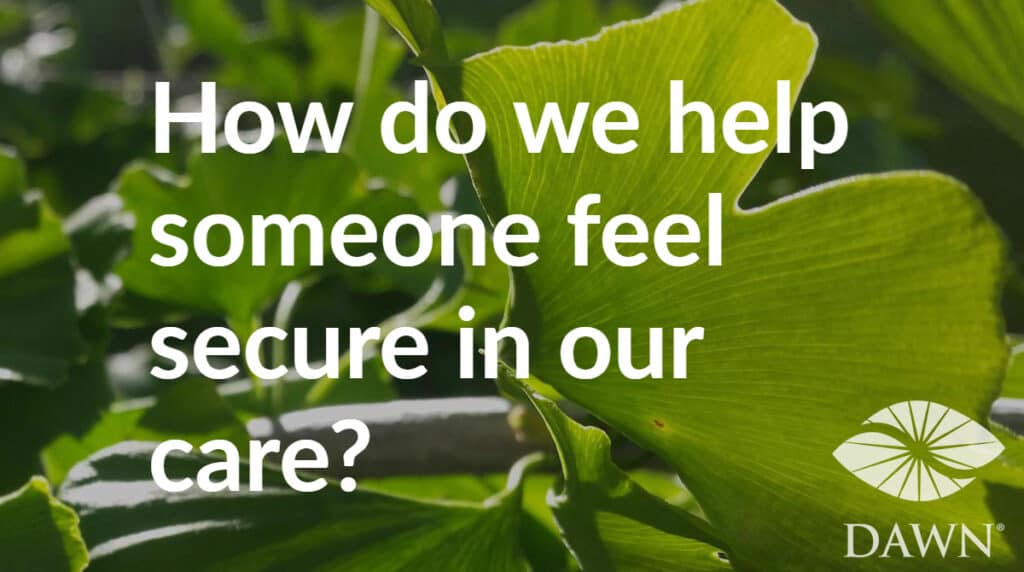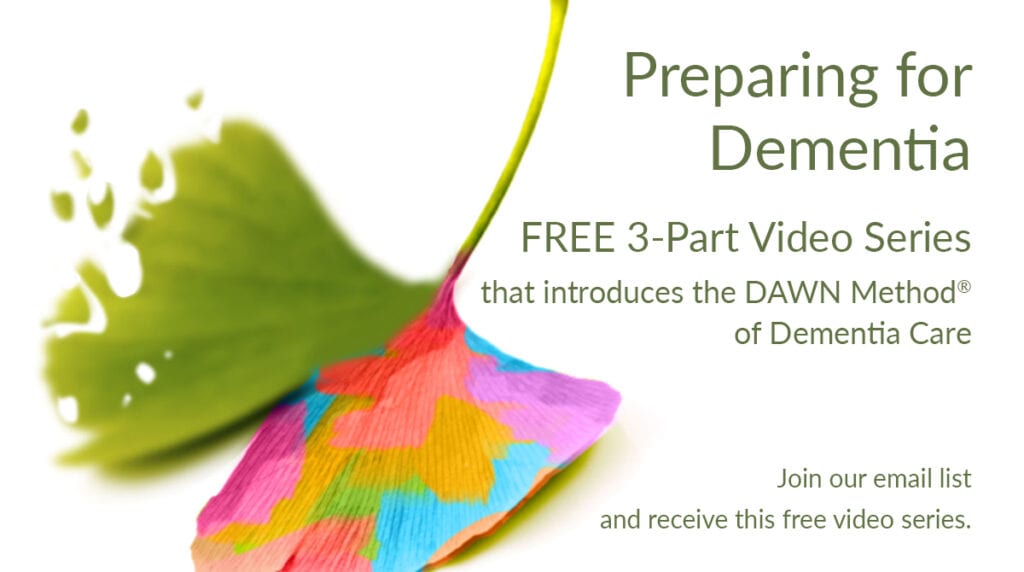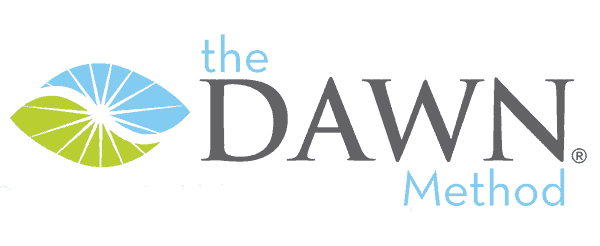Dementia came into my life as it does for many of us—when someone we love gets it. For me, it was a neighbor who had Alzheimer’s and was becoming too forgetful to manage entirely on her own. Her children lived elsewhere and would have to move her into a care facility unless they could find someone to check in on her and help her with errands. I had just moved to Moscow and volunteered because I wasn’t working and didn’t want her to have to leave her home of many years just because she was becoming a little forgetful and confused.
Within a few months I was helping half a dozen seniors who were living on their own with mild cognitive impairment or dementia. They were all very different people—they had been housewives, professors, ranchers and scientists in their earlier lives—but they all needed help with the same sorts of issues and were all emotionally distraught. During that first year, I kept trying to find a pattern to what they could and couldn’t do so that I could do a better job of meeting their needs and keeping them safe, and be able to teach my staff to do the same thing.
I also saw my clients experiencing emotional distress and knew that I’d felt the same type of pain at one time in my life. I just couldn’t put my finger on it. Then one day it hit me: my clients were experiencing the opposite of what I experienced when I started attending law school.
The discomfort of losing rational thought processes to dementia & Alzheimer’s
During my younger years my studies and work were all more creative than analytical. I had studied art and music as a child, then literature and language. I had worked in marketing, graphic design, and writing, and also with people who had physical and cognitive impairments. Then I went to law school on a scholarship as an older adult. To suddenly find myself required to use only my rational and analytical thought processes, rather than intuition and creativity, was very unpleasant for me.
When I remembered my own discomfort at being forced to use my rational thought processes exclusively, I realized that I was watching my dementia clients go through the same experience, only in reverse. My clients were losing their rational thought processes and being forced to navigate daily life with intuitive thought alone.

We can express rational thought processes for them
This realization dramatically changed my life as a caregiver, and the lives of my clients. I began expressing my own rational thought processes out loud for them—reciting facts, outlining steps and events, drawing conclusions—and they began to relax and feel safe. Once they felt safe with me taking care of the rational thought processes for them, our times together became joyful. Together we could savor all that is available when we use our intuitive thought processes: beauty, sensory stimulation, laughter, and emotions.
This is the premise upon which I created the DAWN method. I discovered it first in my own life, then in my work with people with dementia. We have two very distinct thought processes, each providing us with a distinct set of tools. Dementia takes away the rational thought processes—such as the ability to recall and use facts, vocabulary, analysis, or see cause and effect—but it doesn’t take away our intuitive thought processes. When the caregiver takes care of the rational thought functions, the person who has dementia can continue to experience the best things in life: beauty, feelings, and everything our senses bring to us in the moment.
This is the DAWN Method. When we use it with our loved ones and clients, there can be great joy, despite dementia.
[This article was first published on June 14, 2018.]
§
Sign up for our newsletter and free video series
Sign up for our monthly newsletter and get more advice on how to help someone experiencing dementia. As a bonus, you’ll get our free video series, “Preparing for Dementia.”


